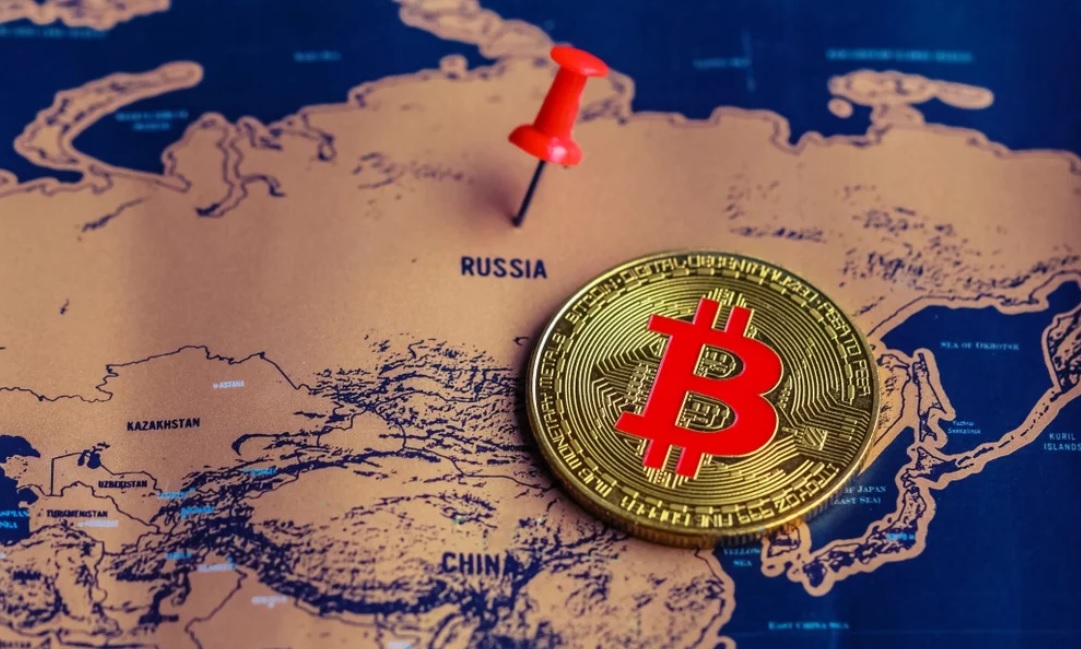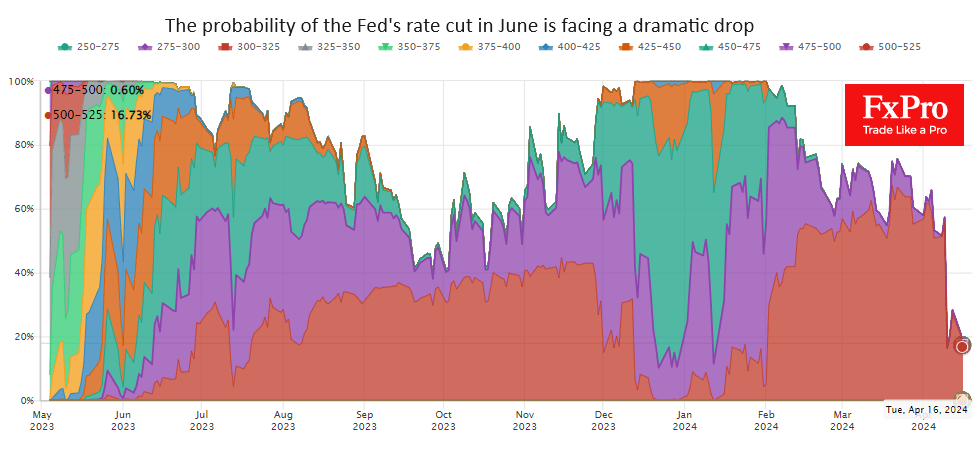What does the Russian “Digital Iron Curtain” mean for Bitcoin users?
April 13, 2019 @ 11:42 +03:00

The Russian Duma approved a bill that would enable the country to have a “Great Firewall” or “Iron Curtain” similar to what China has. The result of the law is that, whenever the government wants to, it can censor all incoming and outgoing traffic traveling through state-owned channels.
Privacy advocates have long warned about Russia’s alarming stance on internet regulation. The onerous intended purpose of this “sovereign internet” bill is to keep Russia online in the event of a crisis, but critics allege that it’s meant to give the government greater powers to censor and restrict internet access for Russian citizens.
Ameet Naik, who works for a network marketing service called ThousandEyes, told the Register: “However, this would also force internet traffic through suboptimal paths, and through performance-limiting filtering gateways. This would most likely degrade the user experience for Russian users browsing sites and apps outside the country and provide an advantage to services hosted within the country, as we’ve seen happen in China.”
According to proposed regulations, the government wants to restrict Russian traders to local crypto exchanges and also only allow “qualified” investors – e.g., those with a degree in economics and a certificate from the government – to trade Bitcoin and other cryptocurrencies.
However, as demonstrated by China’s underground Bitcoin trading network, there’s only so much that government censors can do to stunt crypto adoption. The bill passed the Duma 320 to 15. There are still some procedural steps left before it becomes law. The Russian government would be left to decide when and if the “protection switch” would be flipped.
Notably, Russia-founded Telegram – which earned a ban in its native country for refusing to let law enforcement snoop on its users’ encrypted chats – reportedly launched the testnet of its cryptocurrency, dubbed Telegram Open Network (TON), this week. The company’s founders are among the many prominent Russian voices denouncing the plan to have a “sovereign” internet, and it’s fitting that their crypto project could be one tool that Russians use to fight back.







